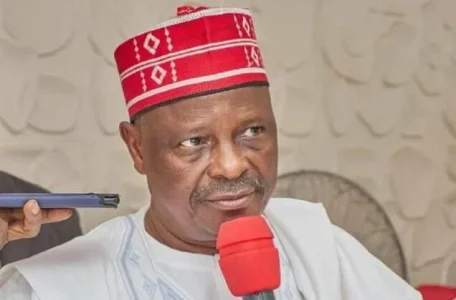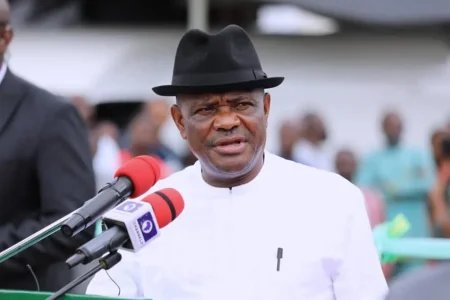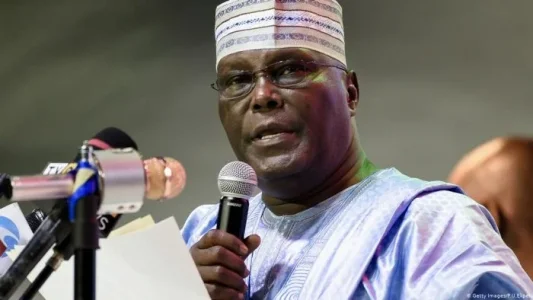
South Korea's President Yoon Suk Yeol declared emergency martial law on December 3, 2024, citing threats from North Korea and anti-state elements. This move follows intense political disputes over the country’s budget, sparking protests. Both the ruling and opposition parties vow to block the declaration.
South Korean President Yoon Suk Yeol declared emergency martial law in a surprise late-night television address on December 3, 2024, citing the need to protect the country from North Korea's communist forces and eliminate anti-state elements. The declaration comes amidst a heated political standoff over next year’s budget bill between Yoon's People Power Party (PPP) and the opposition Democratic Party (DP).
Both parties have vowed to block the move, with the DP calling it unconstitutional. Martial law grants the military authority to suspend civil rights and govern during emergencies, allowing for arrests without warrants. It also bans parliamentary activity, leading to large protests outside the National Assembly, where opposition lawmakers have gathered to vote against the measure.
Despite the serious implications, some reports suggest no immediate signs of military presence on the streets of Seoul, leaving many citizens bewildered. This move marks a dramatic escalation in South Korea’s political crisis, with Yoon facing increasing scrutiny over multiple scandals and struggles to push his agenda through a parliament dominated by the opposition.
The situation remains tense, with global attention focused on how it unfolds.




